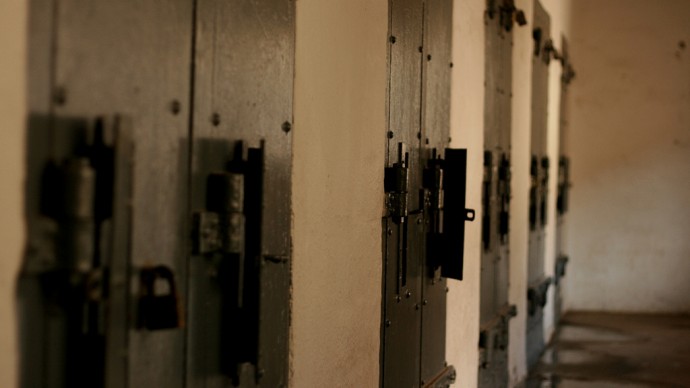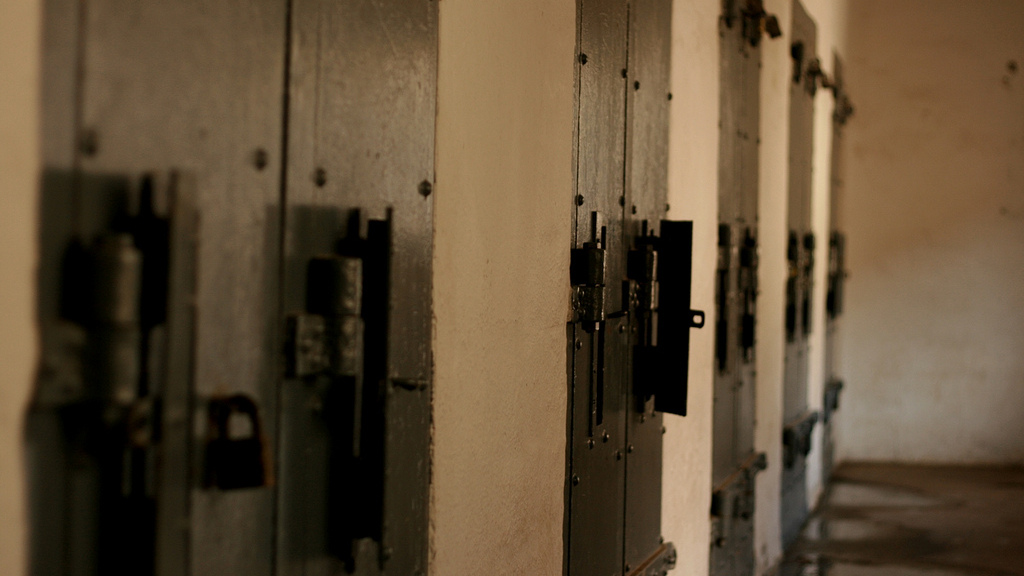
Children as young as 13 are being placed in solitary confinement for months at a time in US jails, according to a report by Human Rights Watch and the American Civil Liberties Union.
The report, Growing Up Locked Down documents, for the first time, the widespread use of solitary confinement on youth under the age of 18 in prisons and jails across the US.
The report makes shocking reading. It documents a 15-year-old carving the first letter of her mother’s name into her arm, another 15-year-old boy locked in solitary for 15 days for not making his bed, a 14 year-old who spent 60 days locked up alone and juveniles describing their experience as being like a slow death.
Nobody knows how many juveniles are held in solitary, as it is not documented, but it is estimated that between 3% and 5% of US prisoners are held in solitary and anecdotal evidence suggests that, in some systems, children may be isolated at even higher rates than adults.
The findings are based on interviews with 127 young people who spent time in solitary as teenagers. One interviewee said he had spent nine months in isolation.
In the US juveniles can be imprisoned as adults and so can be punished and disciplined as adult prisoners. But solitary confinement is also used as a way of protecting juveniles from older inmates.
The report sets out to show the shocking, permanent harm that is done to young people held in such conditions. Many of the juveniles imprisoned already have mental health issues that are exacerbated by time in solitary.
‘Lose touch with reality’
The mental stress makes inmates self-harm, cutting themselves with razors or staples. They can hallucinate and ‘lose touch with reality,’ says the report.
Solitary confinement is particularly damaging for children. Child prisoners in isolation are prevented from exercising and from interacting with their peers, both important for their development and general wellbeing.
Some cannot take part in rehabilitation and education programmes.
Some prison authorities do recognise solitary is an expensive and counterproductive way of containing offenders, but still the practice is used.
US teens in solitary confinement.
On the back of the findings HRW and ACLU are calling for an outright ban on the use of solitary confinement for people under 18, echoing a call made in 2011 by a UN expert. Instead the human rights groups are calling on the US to invest in alternative methods. Effective incarceration and rehabilitation helps young offenders change says Ian Kysel, the report’s author.
Speaking at the UN last year, the UN Special Rapporteur on torture Juan Mendez declared: ‘Segregation, isolation, separation, cellular, lockdown, Supermax, the hole, Secure Housing Unit…whatever the name, solitary confinement should be banned by States as a punishment or extortion technique.’
‘Considering the severe mental pain or suffering solitary confinement may cause, it can amount to torture.’
You can read HRW and ACLU’s report here.
This story was originally published by the Bureau of Investigative Journalism.


